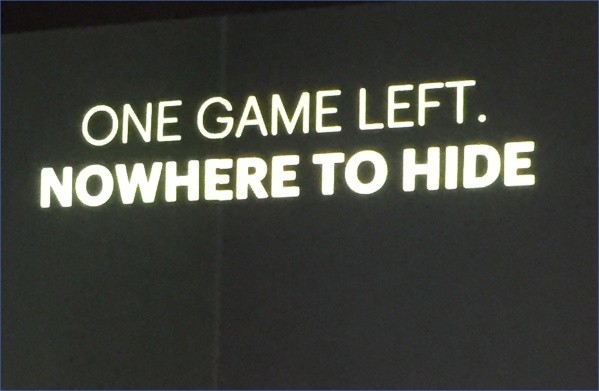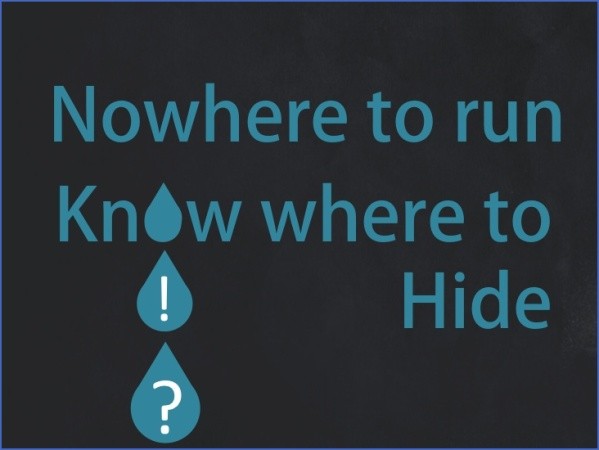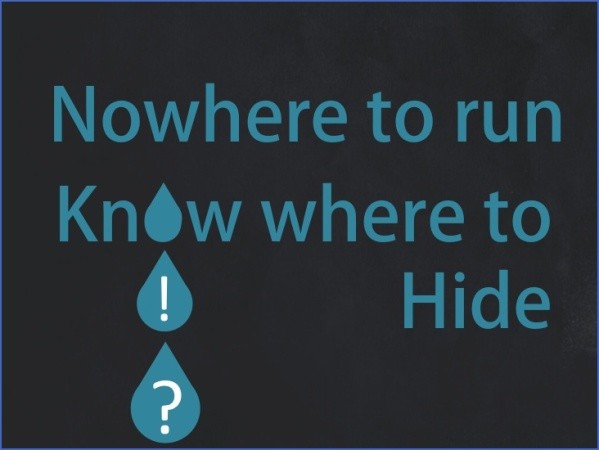After four months of healing, and seven total months in the United States, I hop a plane back to the South Pacific, hoping that Rainui has moved on. Swell is unlivable covered inside with black mildew and I’m still not strong enough to deal with all the work needed to put her back together. Plus the charter company is giving me the runaround about properly making the collision repairs.
I’m lucky to meet a girl about my age who tends to a mountain property with a large home. Poana invites me to stay with her and we become sisters overnight. She’s fun and loves nature and adventure. Plus she’s going through a separation with her husband, so we help each other grieve.
Since Swell isn’t insured, the yacht charter service isn’t required to report the accident to their insurance company, and the miserly division manager makes a weak effort at fixing the damage. I eventually give up on being fairly compensated and finish the smaller repairs myself. Afterward, Swell spends more and more time in the yard untouched. I rest my neck a little longer, catch up on months of emails, meditate, harvest fresh fruit, do yoga, play in the sea, cook healthy food, and help Poana plant a garden. Putting my hands in the dirt feels so right. I seem to need the energy of the land. I’m safe and blessed. When I’m sad, Poana lifts me up, and I try to do the same for her.
Nowhere to Hide Photo Gallery
The jungle paradise is almost too good to be true, until one day I hear a car pulling up the long driveway. It’s Rainui. I tried to keep my whereabouts from him, but someone in the village told him where to find the house “with the surfer girls.” I hide in a room and tell Poana to say I’m not there. All at once, the hillside home is no longer a safe oasis. A few days later, I hear the car coming up the driveway again. Goose bumps rise on my skin. Poana isn’t home, and I’m working in the garden. He speaks gently, telling me he wants us to try to work things out. But when I keep my head down, pulling weeds, uninterested in talking, he storms into the house, and takes my computer and phone, and drives away.
I nearly call the police, but his mother promises to return them to me the next day. Over the next month, while I try to get to work on Swell, things steadily go from bad to worse. The more I resist, the more Rainui persists. The island becomes very small. He’s unpredictable and always watching me. Since I don’t feel safe alone at Poana’s anymore, I stay aboard Swell one night in the yard when I know she’s out with friends. I lock myself inside and turn out the lights to go to sleep, but soon I hear someone coming up the ladder. It’s him. He must have seen the car I’m borrowing from Poana parked in the yard. He’s drunk and angry and wants me to open the door.
Realizing the cabin is locked from the inside, he smashes on the door, breaking the outside lock, then beats on the forward hatch and rips off its canvas cover, yelling that he knows I’m inside and he’s going to “break my face” when he gets in. I desperately call for help, shaking like a trapped mouse. The local police prove worthless, but I quickly get in touch with the yard owner and Poana. Rainui hears me and after a last violent attempt to get the door open, he slinks away into the dark, letting the air out of my car tires on his way. The yard owner and Poana show up shortly afterward. Lying next to Poana in her bed that night, I toss and turn with nightmares until dawn.
Submission
What the hell should I do? I don’t want to fly away. Where would I even go? I don’t want to leave my boat alone with him around, now that he’s certain I don’t want to get back together. I can’t think of anyone I can ask to fly down to protect me. Kepi is on another island and Poana has her own life to live. There is only one way to get out of this situation. I know what I have to do, but it won’t be easy.
The next morning, I call Rainui and tell him I want to work it out. I’m ready to come and live with him at his family’s house, as he has asked me to repeatedly. This way he’ll feel control over me, which will calm him down, and I will be in less danger because his whole family will be around.
His mother, father, brother, sister-in-law, and nephew welcome me graciously. His mother shows me to a room Rainui and I will share in an abandoned house right next to theirs. There is no electricity or bathroom, but it doesn’t matter. There is a bed and a roof, and someone will always be in earshot. His family is warm and generous, and I pitch in with various chores. Rainui insists on helping me with the deck job on Swell, threatening that I’ll be sorry if I hire someone else. His family encourages him to help too, and they have meals ready when we return after a long day at the yard.
The next few months seem eternal. The back-breaking deck job lags on. With so many nooks and crannies to contend with, the only way to strip the paint is sanding by hand, which takes forever. Knowing I can’t get away until Swell is relaunched, I push myself through long days of intense labor when the weather allows. Rainui helps tremendously, although his behavior remains erratic. Even when he doesn’t feel like working, he comes along anyway, not wanting to let me out of his sight. I can’t talk freely to the people in the yard for fear he’ll be jealous.
I pray that they and the others I interact with during that time won’t judge me for my unfriendliness. This teaches me not to judge other people’s behavior either, since it’s never possible to fully understand its roots. Rainui’s frightening mood changes have me living in constant fear. He doesn’t hesitate to confiscate my belongings, or threaten me with violence when something flips his switch. Even the sunniest days seem stripped of color.
One day Rainui gets angry with me and pulls the car into an empty lot, yanks me out by my shirt, and says he’s going to hit me. I look him in the eyes. “Go ahead. Do it.” I seethe. He throws a punch at my face, stopping close enough to shear the hairs on my nose. My knees buckle in fright, and I cry out for help, but he puts his hand over my mouth and tells me to get back in the car. I plead with his mother that night, but there’s not much she can do, either. I become muted, docile, and compliant a role I’ve never known and I try to stay around his family on the bad days. Once the topsides are finally sanded, they must be washed down and taped off for primer. More sanding after the primer coats, then a coat of white, then I work my way around the boat, hand-rolling and filling each area of nonskid with sand particles for grip, then another two coats of paint over the sand. Week after week I do nothing but work during daylight hours. Then just when I think I’m nearing the end of this nightmare, I discover one entire side of the rudder is delaminated. The whole thing must come off and be reglassed.
Another dark month goes by. I am so far from the moments of oneness and connection I have felt over the years. My confusion and frustration and isolation are excruciating. I hunt for a silver lining, but instead feel increasingly hopeless, betrayed by the Greatness that I once felt so near. I’m broken, lost, invisible. I don’t even look up at the moon.
When I am able to quietly share my story with other women on the island, I’m surprised to learn that many of them have dealt with similar situations threats, bullying, psychological and physical abuse. I cry silently in the night at times, grieving with them. How can these women possibly pursue their talents and passions under such stifling circumstances? I know I will eventually get to sail away and have my life back. But here, and in so many other places in the world, women have nowhere to go, no money to get there, and no one to protect them. They must remain in these kinds of situations, constantly fearing for their safety.
Maybe You Like Them Too
- Top 10 Islands You Can Buy
- Top 10 Underrated Asian Cities 2023
- Top 10 Reasons Upsizing Will Be a Huge Travel Trend
- Top 10 Scuba Diving Destinations
- World’s 10 Best Places To Visit


















